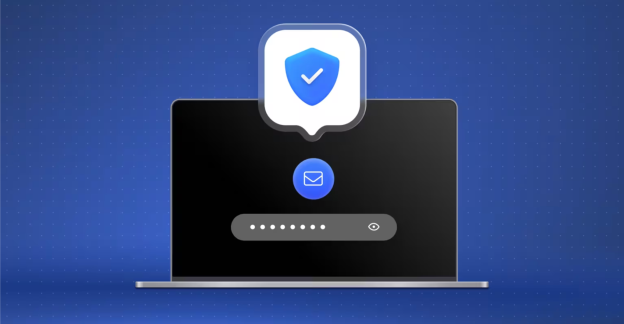
NordVPN expands its security suite with a new email protection feature
NordVPN has added a new tool to its security suite for macOS and Windows, introducing email protection for users facing growing phishing and malware threats. The feature checks links inside emails as you open them in a browser and displays visual alerts when it identifies unsafe destinations. It then gives users real time guidance before they click anything risky.
Email protection checks each visible link in an open message and compares it with threat intelligence data. If a link leads to a site tied to phishing, malware, or other harmful activity, the system alerts users immediately so that they can take the relevant steps to avoid it.

How agentic AI is set to redefine enterprise APIs [Q&A]
The use of AI across modern enterprises in recent years has accelerated, with innovation at the forefront and APIs serving as the crucial enabler behind the scenes.
Now, agentic AI, capable of autonomous actions and decision-making, but this shift exposes several gaps in API documentation, drift in specifications and insufficient safety guardrails, all of which can lead to serious implications for organizations.
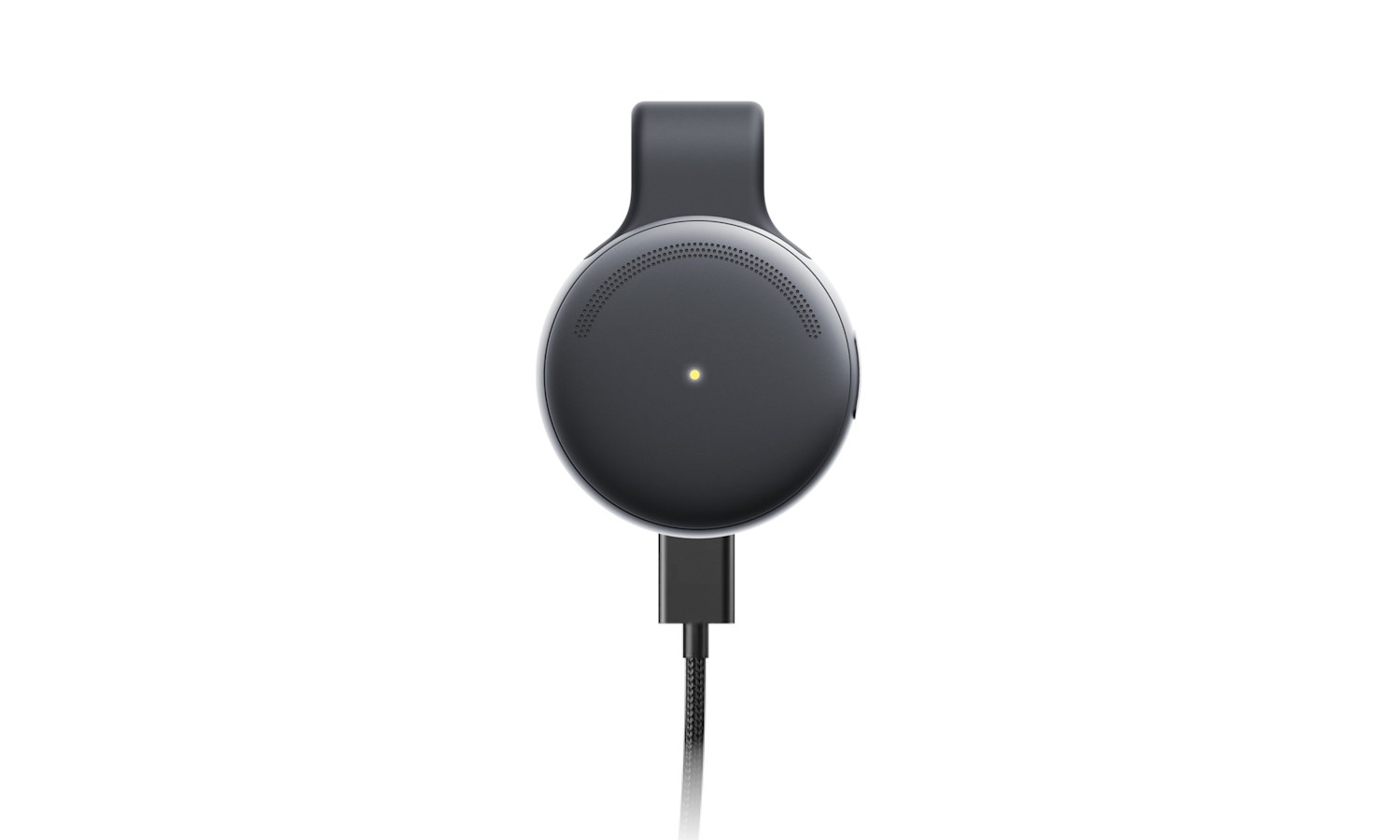
Meta has acquired Limitless, a startup that produces AI-powered wearables
Limitless has announced that it has been acquired by Meta. Formerly known as Rewind, Limitless is a company that says, “our vision is to free the human mind from its biological limitations”.
To this end, the company produces AI-powered wearable, including a pendant that can record and transcribe conversations. Numerous usage scenarios have been put forward, including helping people with dementia, ADHD or Alzheimer’s.
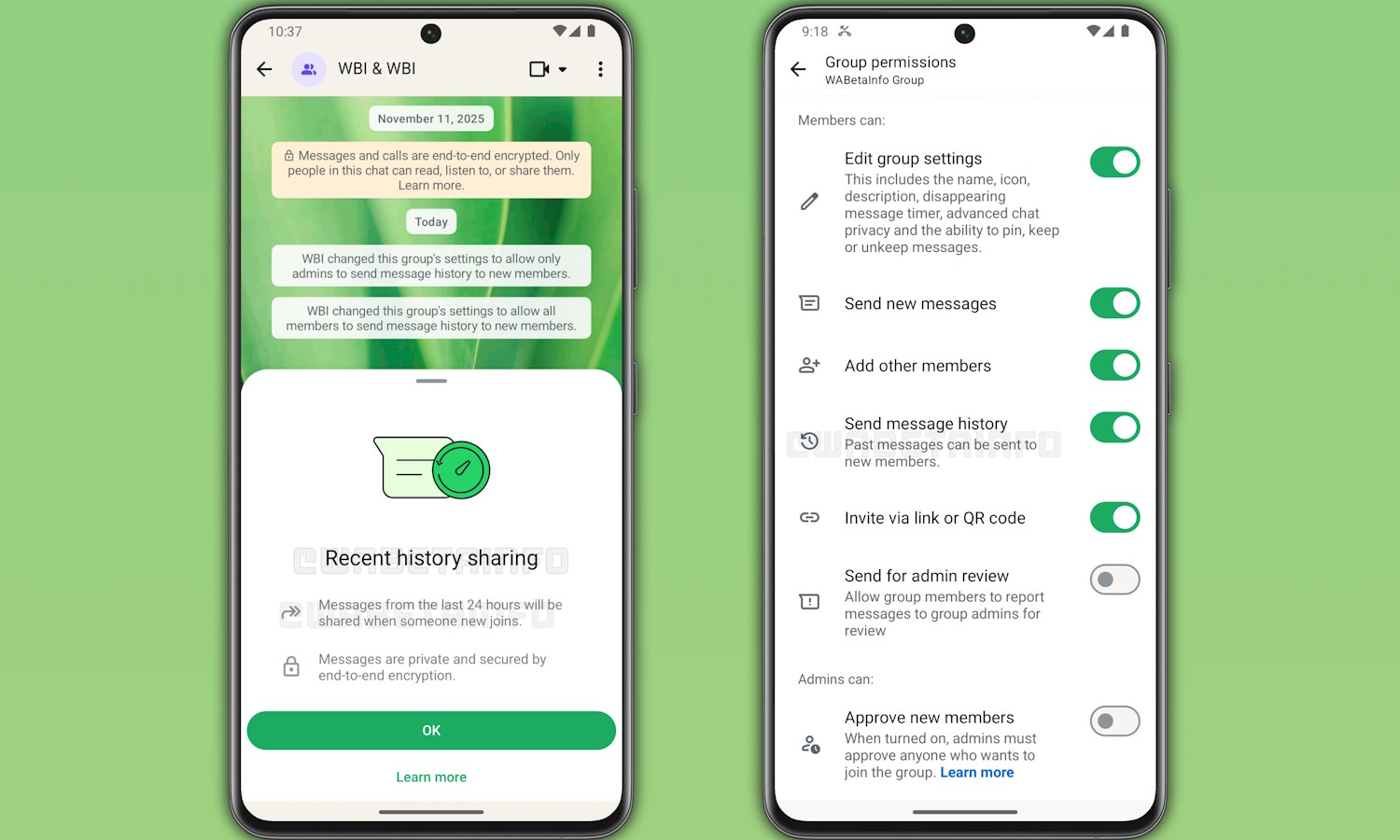
WhatsApp group chats are about to become much more useful
WhatsApp is popular enough to be considered ubiquitous these days, with the group chat feature used by families, work colleagues, friends and other collections of people to keep in touch. But while group chats are very useful, there are undeniable issues with WhatsApp’s approach.
A key issue is that when a new member is added to the group, they are only able to see messages which are sent from that point in time forward. Anything that was sent previously is invisible. But an important update could see this changing quite soon.
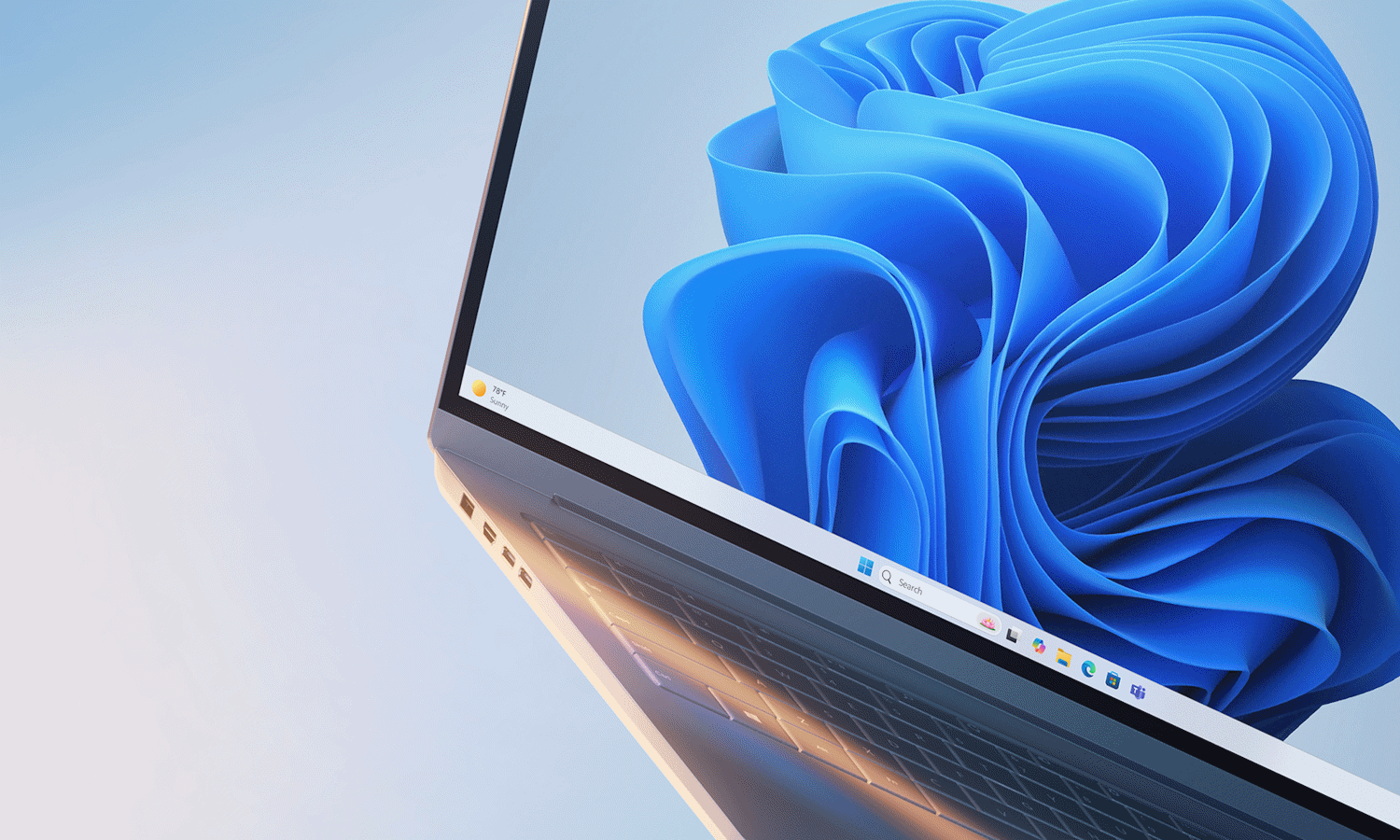
Microsoft will let you remove AI Action from the Windows 11 context menu
Microsoft may wish that things were different, but not everyone is as enamoured with artificial intelligence as the company is. Windows 11 is gradually becoming infested with endless AI components, and it is not something that all users are happy about.
One particular bone of contention is the AI Actions entry in the context menu. Even people who are fans of AI sometimes struggle to see the value in its presence, and it is actively loathed by many. Microsoft is, it seems, finally listening to feedback and giving users the option to hide it.
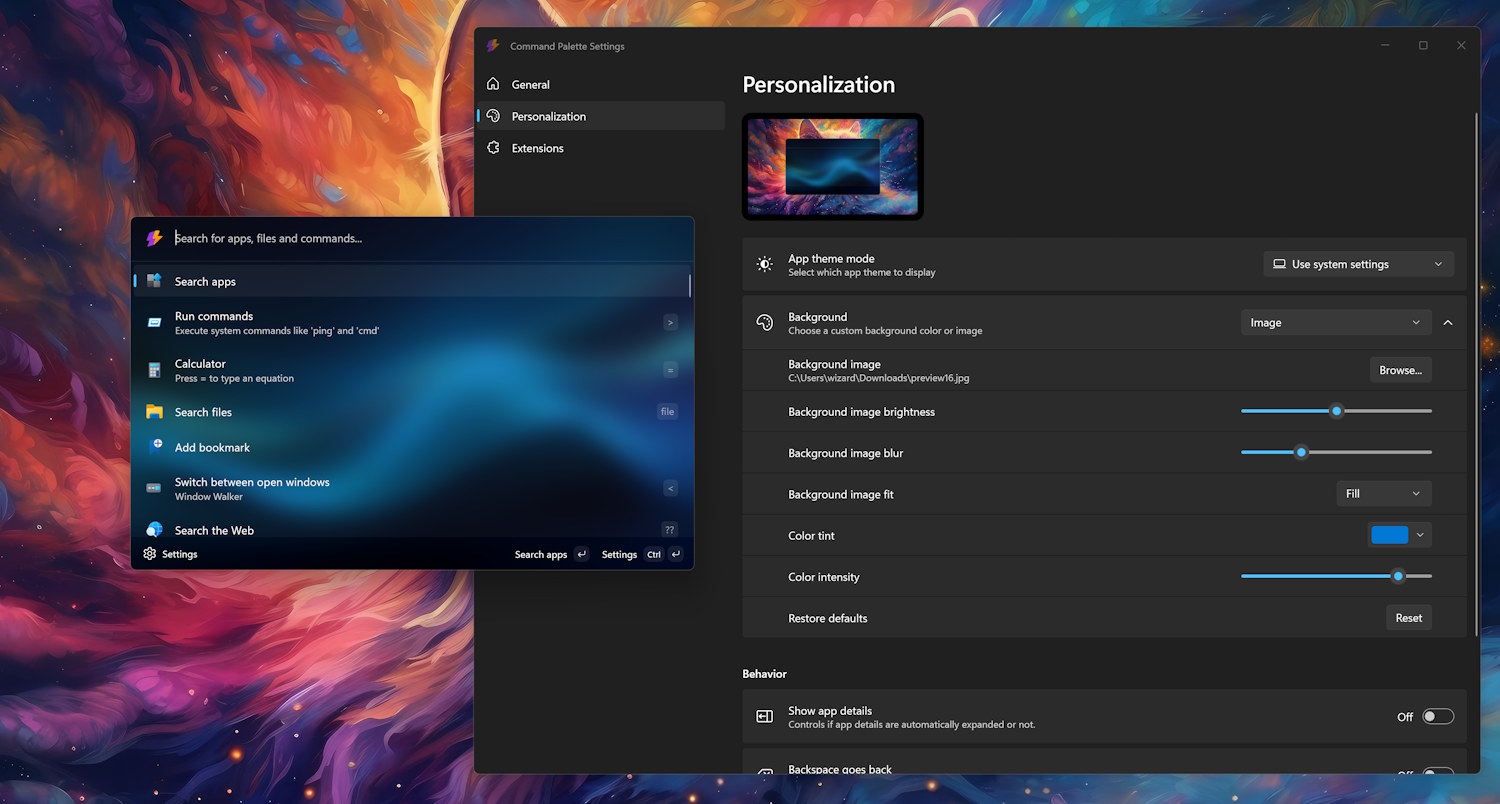
Microsoft is bringing some massive visual changes to PowerToys v0.97
We know that PowerToys fans are always looking out for new modules to play with, and Microsoft is quite generous in sprinkling these across releases. But new releases are also about new features, bug fixes, and important tweaks and changes.
In an upcoming release, Microsoft is planning some significant changes for the suite of utilities. Key among the changes is support for theming and using custom backgrounds. One of the modules in line for these changes is the beloved Command Palette.
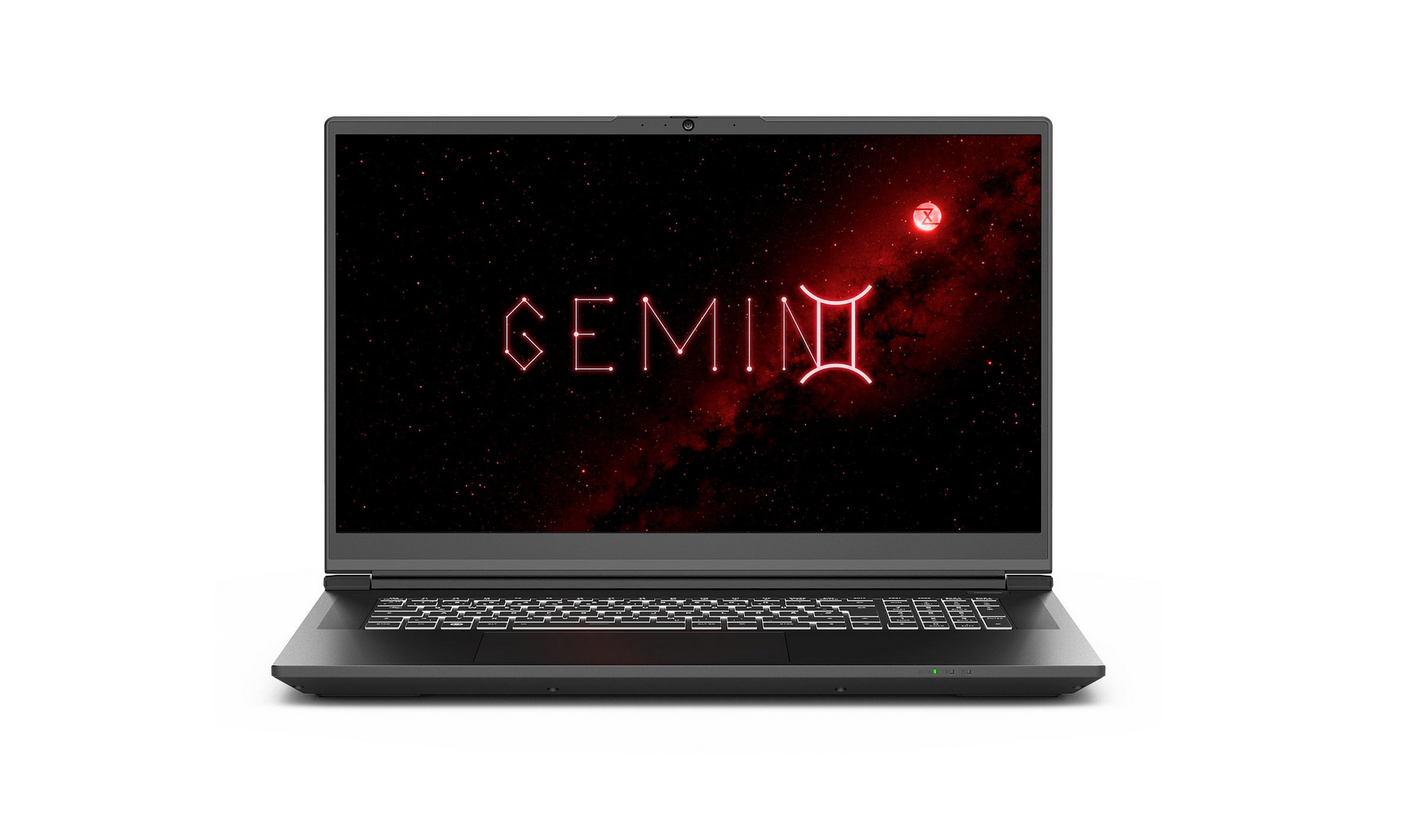
Tuxedo unveils Gemini 17 Gen4 Linux laptop for high performance workloads
Tuxedo Computers has launched its latest Linux laptop, the Gemini 17 Gen4. The new 17.3 inch notebook is designed as as a desktop replacement and combines an Intel Core i9 processor, Nvidia RTX 5070 Ti graphics and a 2560 x 1440 240Hz display. It's aimed at users who want workstation performance in a portable form.
The Gemini 17 Gen4 is built around on Intel’s Core i9 14900HX, a 24 core chip with eight performance cores and sixteen efficiency cores. It supports up to 32 threads with Hyperthreading and can reach up to 5.8GHz on single core loads. Tuxedo allows the CPU to draw up to 115W in this chassis. Under lighter workloads, the efficiency cores handle most tasks so the system can keep fan speeds low.

Threats improve to slip past firewalls and filters
The latest Cyber Threat Intelligence Report from Hoxhunt looks at the quantity and quality of threats that bypass firewalls and email filters.
It finds attackers are improving their techniques to create more credible threats which are more likely to slip past defenses. Phishing techniques are improving with cleaner language, more convincing formatting and more believable workflow mimicry.

Paranoia rules -- how automation can enable better detection and response [Q&A]
Security analysts want to capture more events in order to spot threats earlier which requires more detection rules. But doing so risks driving up alert volumes leading to issues with alert fatigue.
The solution is automation which can be used to increase the throughput of alerts and the threat intelligence around these, creating a ‘paranoid’ form of posture management. We talked to Martin Jakobsen, CEO of Cybanetix, to learn more about how this works.
BN: What is ‘paranoid posture management’? What does this mean in practice, and how does automation help enable it?
MJ: A massive problem for security monitoring is that Security Operation Centres (SOCs) can become overwhelmed by the sheer volume of alerts, as a consequence of which a lot of SOCs end up either ignoring or tuning out low severity alerts. The ideal scenario is to have a big red alert when you have a breach, but the reality is that attackers will make initial forays, and that those telltale signs will be missed. If you’re only looking for the obvious indicators of a breach, incident response is already caught on the back foot.

Google reveals Year in Search 2025
In addition to the roundups of individual media consumption by individuals, companies such as Google also use this time of year to look at things more globally. As in previous years, the company has now launched its Year in Search.
Google’s Year in Search 2025 covers not only its famous search engine, but also searches conducted in Google Maps.

Apple announces more changes at the top
Having only recently announced a new vice president of AI, Apple has now said that there are other changes coming at the company. This time around, it is the position of general counsel that is changing, with Jennifer Newstead taking the role next year after becoming Apple’s senior vice president. She is moving from her previous role as chief legal officer at Meta.
On top of this, Apple says that its vice president for Environment, Policy, and Social Initiatives, Lisa Jackson, will retire in late January 2026.
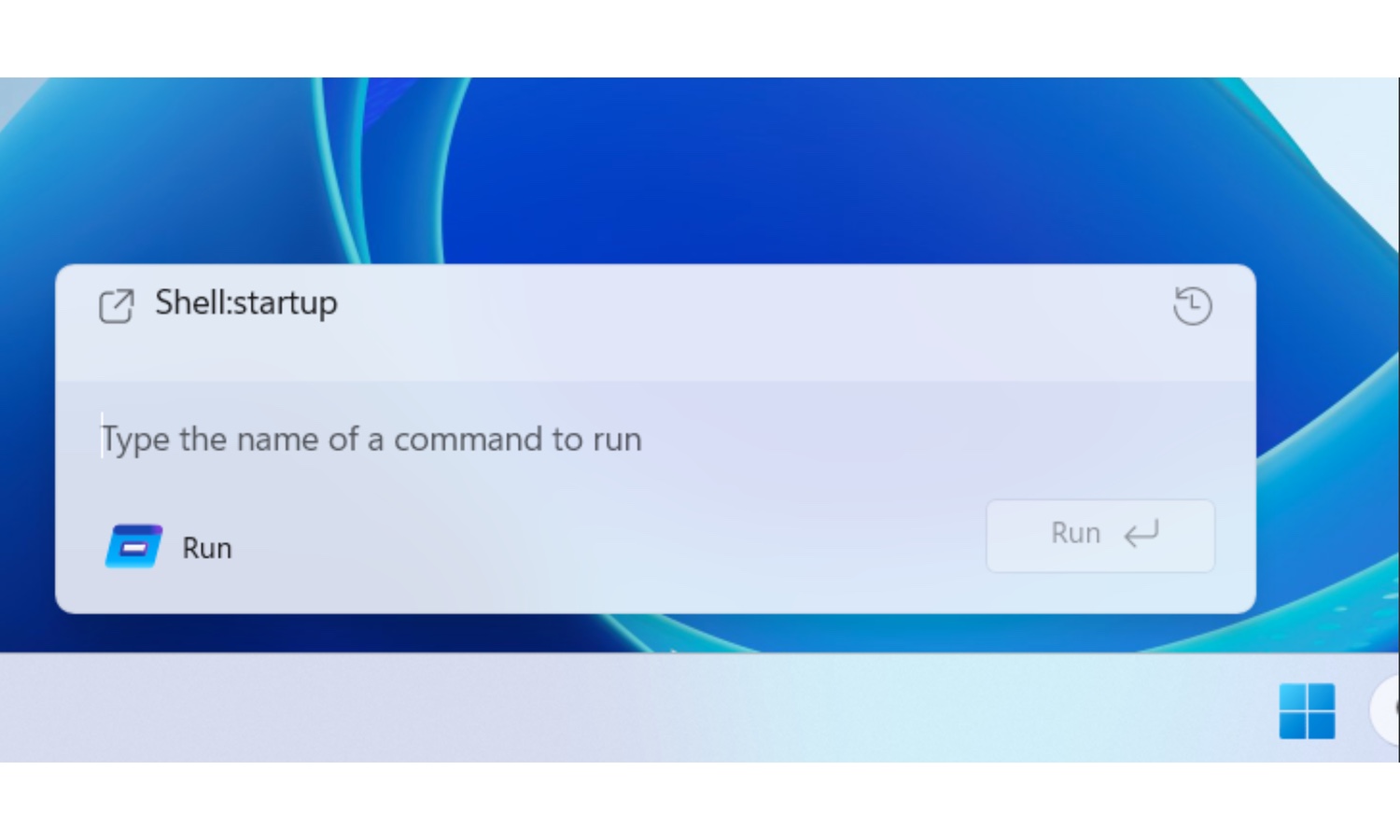
Microsoft is preparing to give the Windows 11 Run dialog a much-needed makeover
Despite its age, there are many inconsistencies to be found in Windows 11. New-look aspects sit alongside components which have not been updated since the days of Windows 10, or even earlier.
As part of the continual evolution of the operating system, Microsoft has plans to bring a visual update to the Run dialog. What does this UI update mean?

Google shares its favorite Chrome extensions of 2025 as AI takes over the browser
It’s that time of year again when the big “best of” round-ups start to land. Spotify Wrapped has already taken over social feeds with people comparing their listening ages, Apple just revealed its 2025 App Store Award winners, and now Google is spotlighting its favorite Chrome extensions of 2025.
This year’s apps list makes one thing very clear -- AI has become the browser’s default companion.
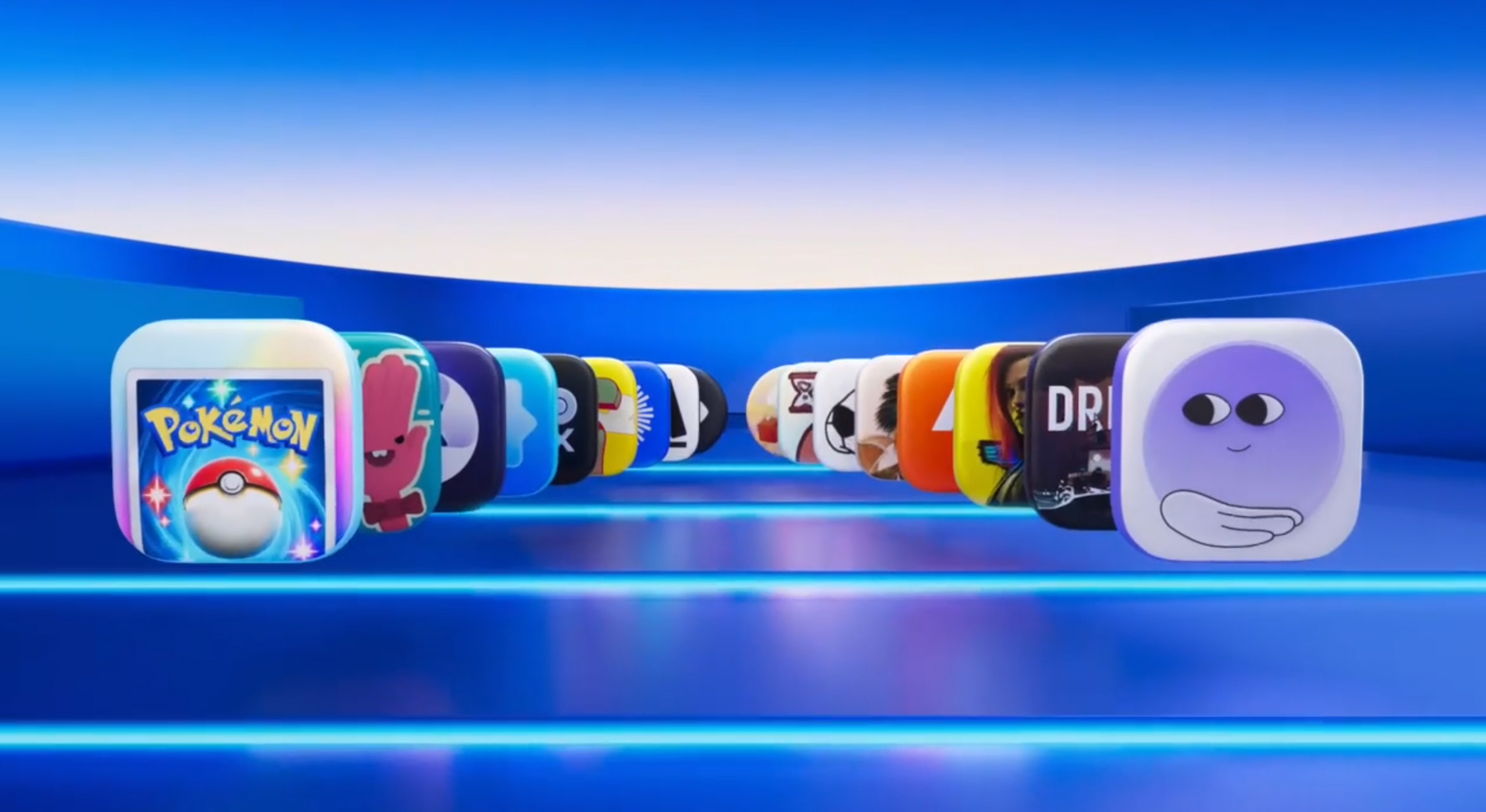
Apple unveils the 2025 App Store Awards winners -- is your top pick on the list?
Apple has announced the winners of its 2025 App Store Awards. The editors selected this year’s 17 winning apps and games from a long list of 45 finalists, focusing on innovation, user experience, and thoughtful design across Apple’s ecosystem.
“Every year, we’re inspired by the ways developers turn their best ideas into innovative experiences that enrich people’s lives,” said Tim Cook, Apple’s CEO. “This year’s winners represent the creativity and excellence that define the App Store, and they demonstrate the meaningful impact that world-class apps and games have on people everywhere.”
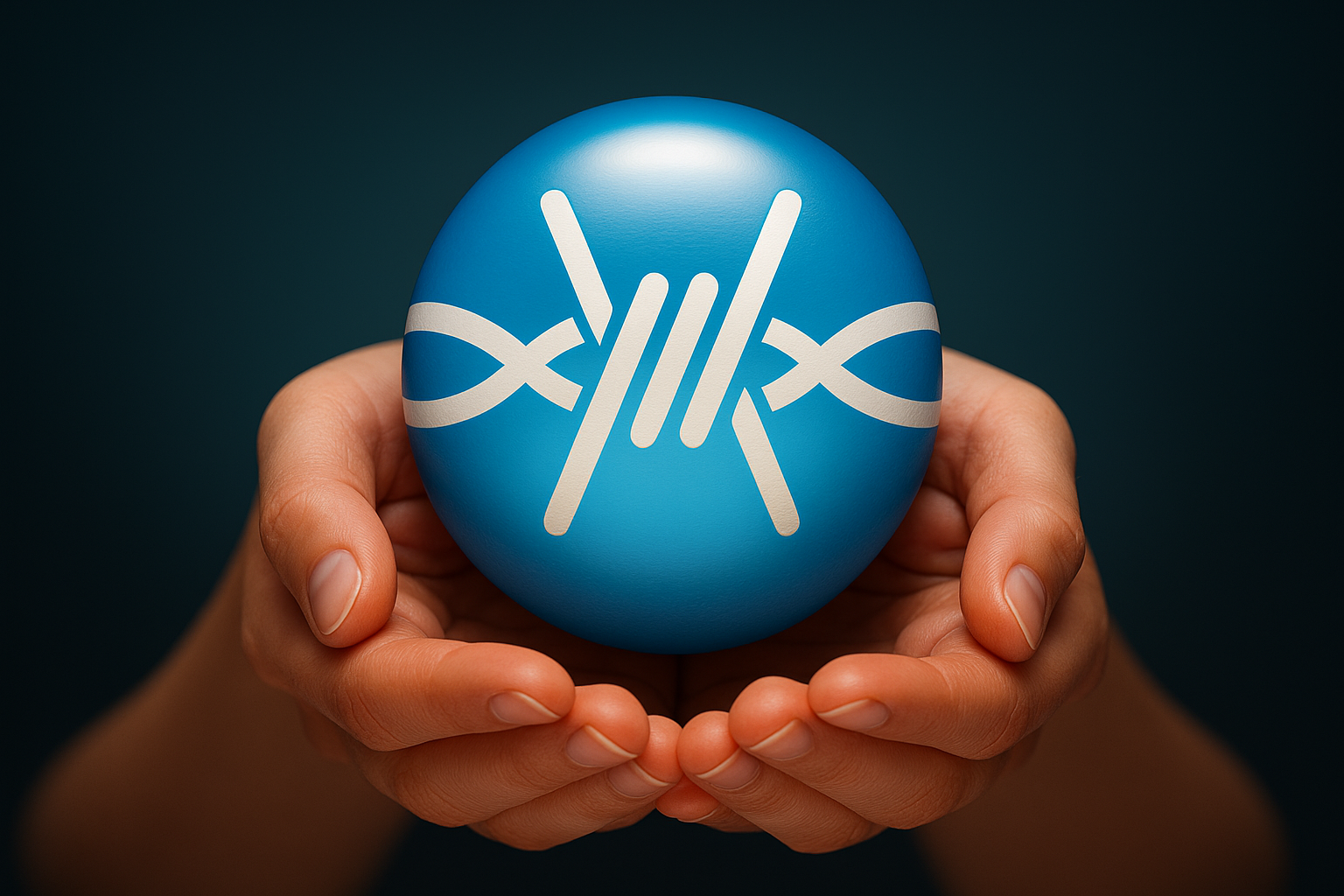
Open-source BitTorrent app FrostWire 7 launches with rebuilt engine and zero ads
FrostWire, the long-running open-source BitTorrent client, has announced the arrival of FrostWire 7, a major update that replaces the app’s entire engine and changes how the desktop client handles peer-to-peer downloads. The new version focuses on speed, reliability, and cleaner packaging across Windows, macOS, and Linux, while removing older components that were slowing down the project.
One of the biggest changes in the new version is a move to the jlibtorrent 2.0 engine. This was the result of two years of engineering work that saw hundreds of internal improvements. The upgrade supports BitTorrent v2, improves data integrity, boosts swarm performance, and allows the software to handle larger torrents better on modern hardware.


